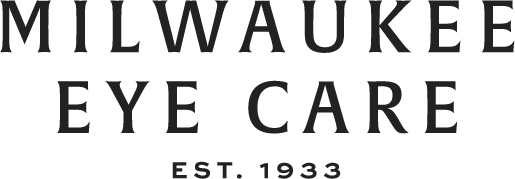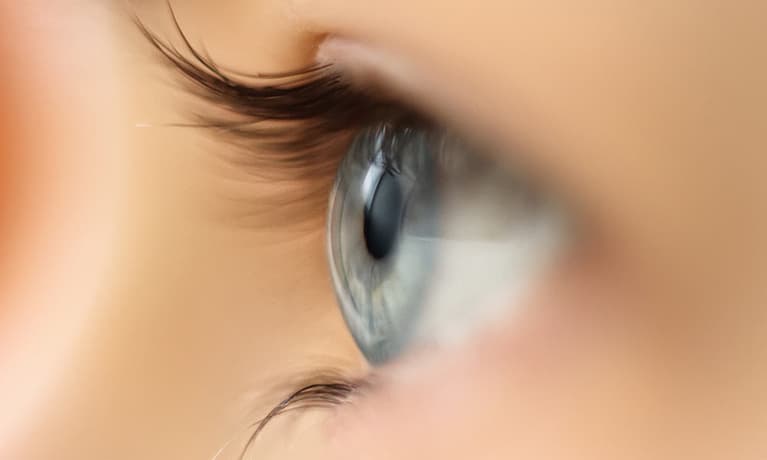Are you finding small print more difficult to read, especially without good lighting? Are you struggling more to make out street signs when driving? Does the glare from headlights and streetlights bother you and even make you feel unsafe when driving after dark?
These are some of the most common complaints reported by patients with cataracts. June is cataract awareness month. If you are experiencing difficulties with normal daily activities due to your vision, don’t wait. Schedule an eye exam to check for cataracts today.
What is a cataract?
A cataract results when the natural lens in our eye becomes cloudy. This clouding is a normal part of the aging process of the eye. Other causes of cataract include injury, medical problems such as diabetes, prior eye surgery, certain medications, and frequent sun exposure without protection from UV light.
Looking through this cloudy lens is similar to trying to take a picture with a camera when the lens is smudged or fogged. Things look hazy, blurry, out of focus, and colors appear less vivid.
Can I do anything to prevent or slow the development of cataracts?
The majority of people will develop cataracts in their lifetime and most will go on to have surgery. Protecting your eyes from harmful ultraviolet (UV) rays is the best way to slow the development of cataracts. Wear sunglasses that offer UV protection or request anti-UV coating be applied to your regular eyeglasses. Talk with your eye doctor to learn more.
How are cataracts treated?
When cataracts cause blurry vision that limits your daily activities, it may be time to consider cataract surgery. Your eye doctor will test your vision and examine your eyes to help you make the decision about whether it is time for surgery.
Cataract surgery involves removing the cloudy lens from the eye and replacing it with an artificial intraocular lens (IOL). The IOL allows light to be focused clearly, restoring vision. Learn more about no-stitch cataract surgery and laser assisted cataract surgery.
Will I need glasses after surgery?
The type of IOL (standard versus lifestyle IOL) implanted during surgery determines what you see after surgery. Some people may still wear glasses most of the time. Some may wear glasses only for specific tasks. Others may not need glasses at all. The presence of other eye conditions could limit your choice of IOL and the degree of vision improvement you experience after cataract surgery. You and your surgeon will decide on the best IOL to meet your specific needs and goals.
What are the risks of cataract surgery?
Cataract surgery is one of the safest surgical procedures you can have. With any surgical procedure there are risks. Infection risk is controlled through use of antibiotics. These antibiotics can be given as drops or during surgery as part of dropless cataract surgery. Surgical complications (breaks or tears in the retina, bleeding, swelling, increased eye pressure) are rare but may be more likely if you have had previous eye surgery or have other eye disease. Talk with your surgeon to learn more.
A majority of people will develop cataracts in their lifetime and most will choose to have cataract surgery. Cataract surgery is an overwhelmingly successful procedure and patients are very satisfied with their vision results. The most common things we hear from our patients after cataract surgery are “that was so easy”, “why did I wait”, and “I can’t wait to get my second eye done.” Read more about what our patients have to say here.
So, if your vision is causing problems, don’t wait. Schedule an appointment for an eye exam at Milwaukee Eye Care today.

Written by Jason Edmonds, M.D.










